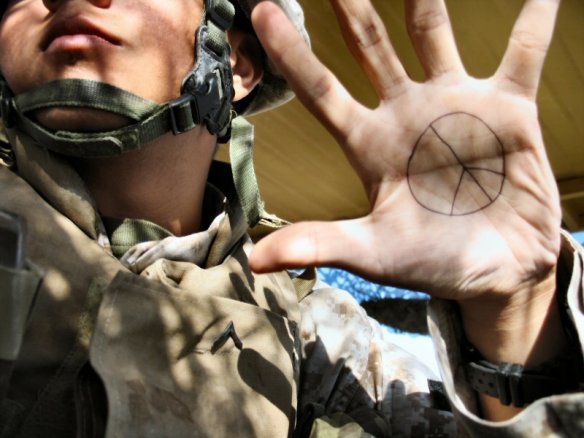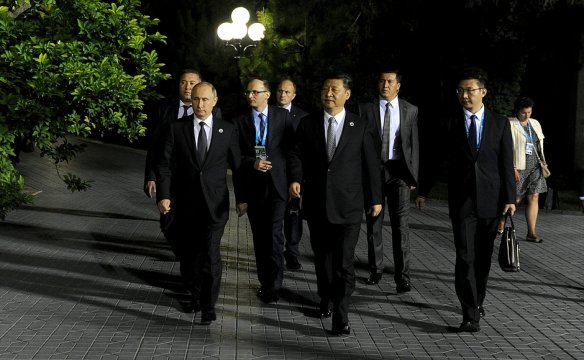
The first meeting between Putin and Xi Jinping this year, and not much joy in it, apparently.
Expectations regarding President Vladimir Putin’s visit to Beijing on Saturday (June 25) had been rather subdued, and the modest results were mostly immaterial. Last year, the two leaders grandiosely celebrated their countries’ World War II victory over the Axis powers; and in 2014, they announced a great increase in economic ties and an allegedly historic natural gas deal (see EDM, May 22, 2014). But the implementation of this deal has been delayed, and the volume of bilateral trade—instead of the promised fast expansion—has contracted by about 30 percent. Thus, Putin’s argument that the Russia-China relationship should be redefined from a “strategic partnership” to a “comprehensive partnership and strategic cooperation” rings diplomatically hollow (Kremlin.ru, June 23). In fact, the only element of the partnership that works well for Putin is his personal connection with President Xi Jinping (Nezavisimaya Gazeta, June 24). Chinese commentators also emphasize the demonstrative friendliness of this high-level networking (RIA Novosti, June 24).
In essence, Russia continues to be a western-oriented country, and the “hybrid war” with Ukraine has, paradoxically, made it even more Euro-centric. The Russian-European conflict over values, political freedoms and human rights has certainly reached extreme intensity, but the concentration of political efforts and public attention has also increased. Putin may enjoy the red carpet treatment in Beijing, but he cannot connect with the Chinese political culture, including its severe clampdown on corruption; and there is hardly any real trust between him and Xi. Putin’s overlapping circles of courtiers, siloviki (security services personnel) and oligarchs have no illusions that China would come to Russia’s rescue in the deepening crisis, and their main game plans involve manipulations of various European assets. The China “card” is not particularly useful in these games, largely because the Chinese are resolutely not playing along.
The rest of the article is in Eurasia Daily Monitor, 27 June 2016.
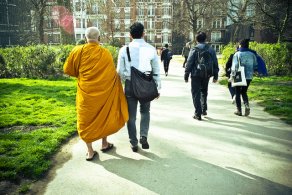

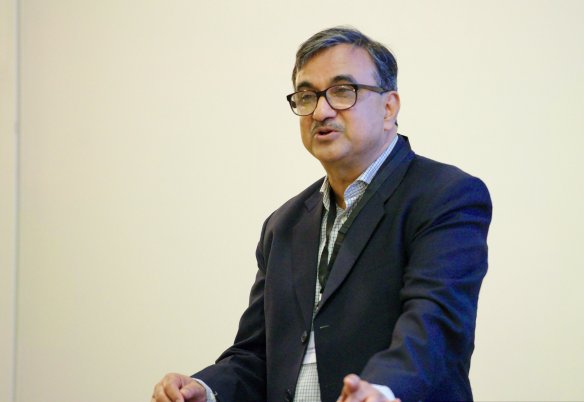
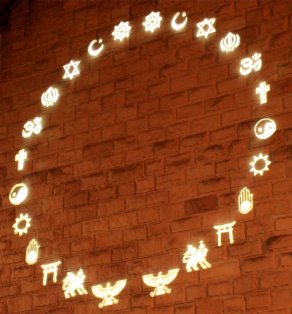
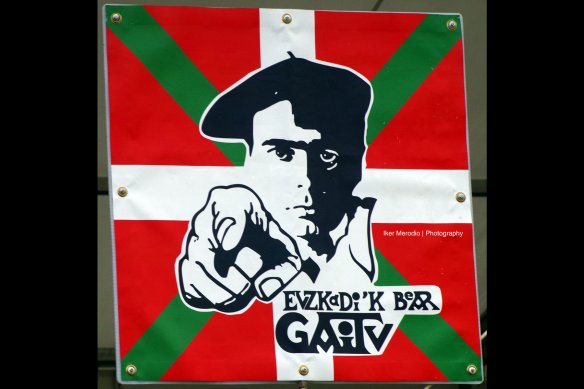
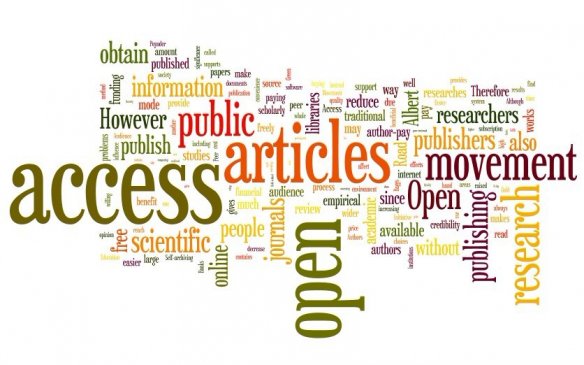 Two weeks ago, a
Two weeks ago, a 